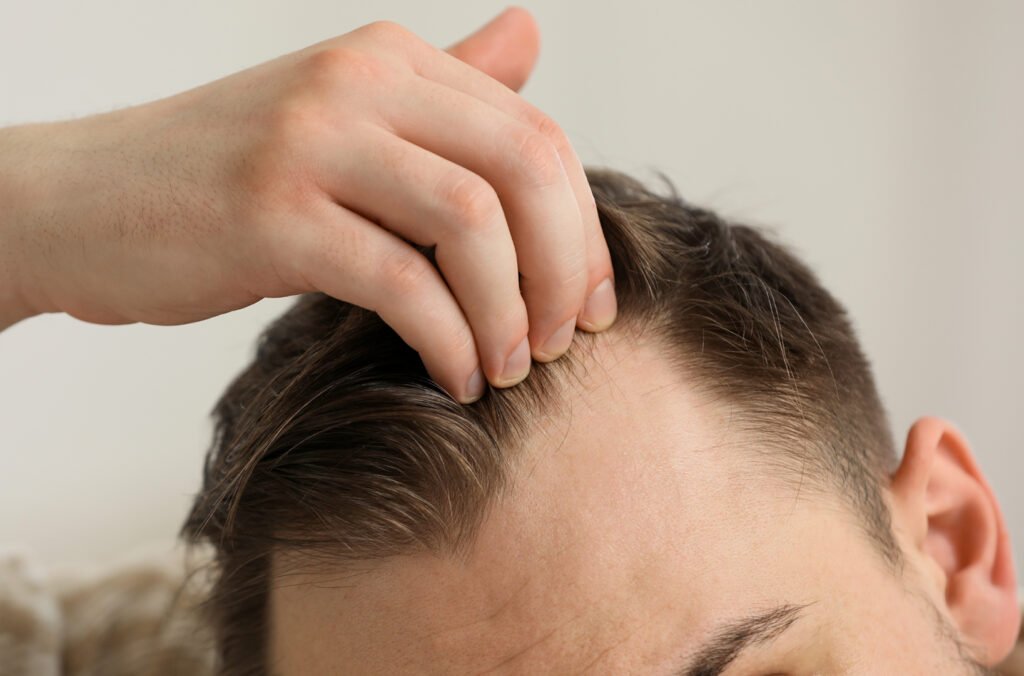Pregnancy is a time of profound change, not just in a woman’s body but also in her oral health. One of the lesser-known effects that can occur during and after pregnancy is teeth shifting. Many women find themselves asking, “Why are my teeth shifting after pregnancy?” This article will delve into the reasons behind this phenomenon, the potential implications for dental health, and strategies for managing and preventing further changes.
Understanding the Causes of Teeth Shifting After Pregnancy
Several factors can contribute to the shifting of teeth after pregnancy:
1. Hormonal Changes
During pregnancy, the body undergoes significant hormonal changes, particularly with increased levels of estrogen and progesterone. These hormones can affect the ligaments and tissues in the mouth, making them looser. As a result, teeth may shift position due to the altered support structures around them.
2. Pregnancy Gingivitis
Many women experience pregnancy gingivitis, characterized by inflammation, swelling, and bleeding of the gums. This condition can lead to the loosening of teeth as the supporting structures are compromised. If left untreated, pregnancy gingivitis can progress to periodontal disease, which is more likely to cause teeth to shift.
3. Changes in Jaw Structure
The body prepares for childbirth by loosening ligaments and joints throughout, including the jaw. This natural process, influenced by the hormone relaxin, can result in subtle shifts in teeth alignment. The jaw may change shape slightly during pregnancy, affecting how teeth fit together and leading to movement.
4. Dietary Changes and Nutritional Deficiencies
Pregnancy often comes with changes in dietary habits, whether due to cravings, aversions, or morning sickness. Insufficient intake of essential nutrients, particularly calcium and vitamin D, can weaken tooth structure and jawbone density. Weak teeth and bones are more susceptible to shifting.
5. Mouth Breathing
Pregnancy can cause nasal congestion due to hormonal changes, leading some women to breathe through their mouths. Mouth breathing can lead to an improper tongue posture and altered jaw positioning, contributing to misalignment and shifting of teeth.
What Happens to Your Teeth After Pregnancy?
After giving birth, many women notice that their teeth may have shifted. The degree and permanence of this movement can vary significantly from person to person. Here are some common outcomes:
1. Natural Realignment
In some cases, teeth may naturally realign themselves after pregnancy as hormone levels return to normal, and the body stabilizes. The ligaments and tissues around the teeth may tighten again, reducing any looseness that occurred during pregnancy.
2. Permanent Shifts
For others, especially those who experienced significant hormonal changes or dental issues during pregnancy, teeth may not return to their original positions. If teeth have shifted substantially, it may result in bite problems, misalignment, or aesthetic concerns.
3. Increased Sensitivity
Some women report increased tooth sensitivity after pregnancy, which may be linked to shifting teeth or changes in the gums. This sensitivity can make it uncomfortable to eat certain foods or maintain proper oral hygiene.
Preventing Teeth Shifting During and After Pregnancy
While some changes in dental alignment may be inevitable during and after pregnancy, there are steps you can take to minimize the risk of significant shifting:
1. Maintain Good Oral Hygiene
Brushing your teeth twice a day and flossing daily is crucial for preventing gum disease and maintaining overall oral health. Good hygiene practices can help keep your gums healthy and reduce the risk of issues that contribute to shifting teeth.
2. Regular Dental Check-Ups
Regular dental visits are essential during pregnancy and after childbirth. Your dentist can monitor your oral health, address any issues such as gingivitis, and provide professional cleanings to help maintain gum health.
3. Stay Hydrated
Drinking plenty of water is important for overall health spacers dentist and can help maintain saliva production, which protects teeth from decay and erosion. Staying hydrated can also help mitigate the effects of pregnancy-related changes in your mouth.
4. Nutritional Support
Ensure you’re getting enough calcium and vitamin D during and after pregnancy. These nutrients are vital for maintaining strong teeth and bones. Incorporate dairy products, leafy greens, and fortified foods into your diet.
5. Consult with an Orthodontist
If you notice significant changes in your teeth or bite after pregnancy, consult with an orthodontist. They can evaluate your situation and recommend treatments, such as braces or retainers, to help realign your teeth.
What to Do if You Notice Teeth Shifting
If you’ve experienced noticeable shifting of your teeth after pregnancy, here’s what you should do:
1. Assess Your Oral Hygiene Routine
Evaluate your current oral hygiene practices. Ensure you’re brushing and flossing effectively, and consider using an antibacterial mouthwash to help combat gum inflammation.
2. Seek Dental Care
Schedule a dental appointment to discuss your concerns. Your dentist can assess your oral health, provide recommendations, and identify any underlying issues that may be contributing to the shifting of your teeth.
3. Consider Orthodontic Evaluation
If your teeth have shifted significantly, an orthodontic evaluation may be necessary. Orthodontists specialize in diagnosing and treating misalignment issues and can provide tailored treatment options.
4. Follow a Comprehensive Oral Care Plan
Work with your dental team to create a comprehensive oral care plan that includes regular check-ups, at-home hygiene practices, and dietary recommendations to support your dental health.
Conclusion
Teeth shifting after pregnancy is a common concern for many women, influenced by hormonal changes, gum health, and dietary factors. Understanding the causes and potential outcomes can help you navigate this aspect of postpartum health.
By maintaining good oral hygiene, scheduling regular dental check-ups, and seeking professional guidance if necessary, you can minimize the risk of significant shifting and ensure the longevity of your dental health. Remember, your smile is an important part of your overall well-being, and taking proactive steps to care for your teeth can lead to a healthier, more confident future.











Leave a Reply